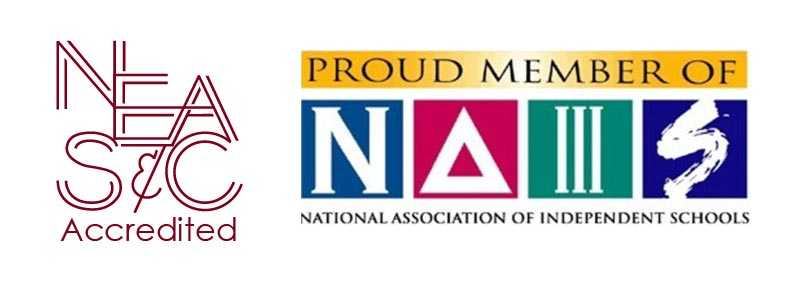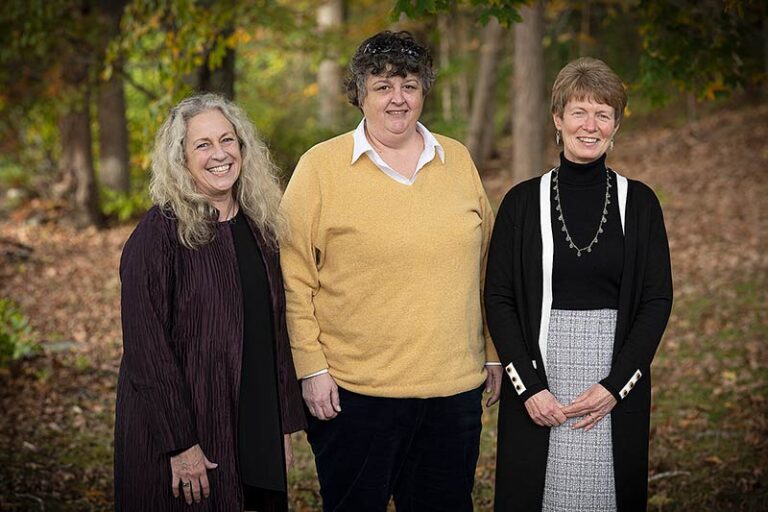
Students With Executive Functioning Challenges Excel at Franklin Academy

Executive Functioning Disorder
Franklin Academy students possess average to superior cognitive ability. They might be identified with an Autism Spectrum Disorder – Level 1 (formerly Asperger’s), a Nonverbal Learning Disability, a Social Pragmatic Communication Disorder, Anxiety, or ADHD. While our students are bright and have aspirations for college and other post-secondary opportunities, they can have difficulty with academic production due to deficits in Executive Functioning.
Executive Functioning is the mental process that enables us to plan, focus attention, prioritize tasks, set and achieve goals, control impulses and juggle the multitude of things life throws at us. Simply stated, Executive Functioning is the ability to manage life. Various theorists list from three to nine different skills involved in Executive Functioning.
At Franklin Academy, We Organize Executive Functioning Into Seven Areas:
Organization
To understand this skill, we have to think big. Organization is not simply keeping your closet organized and your school work in the right place. It involves organizing thoughts and steps to solve a problem. A person who is good at this skill can manage tasks more quickly and efficiently. He or she can also write and think more easily because thoughts seem to “organize themselves.” People who do not have this skill innately can learn strategies to make life easier without giving up their creative, global thinking.
Planning and Problem Solving
The abilities to plan and problem solve are central to managing adult life. Balancing a career, friendships, and family, while taking good care of one’s self, can be difficult for everyone at times. Likewise, managing a large and complicated project to meet a deadline involves the ability to estimate the time needed to complete each step and the ability to predict possible pitfalls. At Franklin Academy, students are taught strategies for planning large projects and for solving complex problems.
Impulsivity
Similar to attention management, controlling impulses is essential to getting things done and working with other people. Whether blurting out inappropriate comments, or engaging in risky behavior without thinking, some behaviors are best controlled. Learning to take even a few seconds to consider consequences is essential for a productive and happy life.
Time Management
The ability to manage a schedule, remember important events, and overlay long-term with short-term time demands is a complicated set of skills that can come easily to some people but is problematic for others. Franklin Academy teaches explicitly specific strategies to take the mystery out of this skill, allowing a student to be more successful while experiencing less stress.
Emotional Regulation
While most people think of emotional regulation primarily as anger management, this is a complex skill that involves self-awareness, decision making, and self-control. At Franklin Academy, we use the term Emotional Intelligence to capture the complexity of this set of skills and give these skills its own heading in our list of Core Competencies. The RULER Program from the Yale Center for Emotional Intelligence serves as the core of Franklin Academy’s curriculum to teach, practice, and develop emotional intelligence.
Managing Attention
Someone once said, “The world is too interesting not to have a little ADD.” However, the inability to manage one’s attention can make learning, completing tasks, and sustaining a conversation difficult. Learning strategies that help focus the mind and settle the body can be life-changing for bright students who have difficulty in school.
Adaptability
Change is more difficult for some than for others. Being able to adapt to new information, different situations, or transitions is critical for getting through life comfortably. Finding strategies to help “hold the center” when change is occurring all around us, is essential for surviving modern life.

Succeeding at Franklin
Franklin Academy challenges students academically and addresses four critical competencies for success: Executive Functioning, Social Cognition, Emotional Intelligence, and Self-Care/Self-Advocacy. Our experienced educators help develop skills and strategies to create strength in each of these areas to support success in school, career, and relationships. Our holistic approach to education in a safe and supportive school environment makes it possible for students to realize their potential, advance to higher education, and make their mark on the world.
Impressive Accomplishments
“How do you measure success?”
At Franklin Academy our goal is so much more than just getting students across the finish line of high school with a diploma in hand. Graduating seniors and postgraduates leave campus with plans to pursue their interests and passions. Our alumni know their strengths. They can identify helpful resources. They can self-advocate. Most will attend college. Some may choose a less traditional path. All are determined, however, to realize fulfilling lives, matching potential with accomplishment.
College Destinations for Franklin Academy Graduates
College is all about the right fit on the basis of personal aspirations, academic achievements, available programs (including accommodations and support), location, and size of the institution. Here is a sample of recent matriculations.
What are Alumni Doing Now?
We help our students identify their passions and encourage them to develop their interests because we believe that what is learned about oneself becomes the foundation for leading a fulfilling and independent adult life. Consequently, our graduates embrace a wide-range of career opportunities that defy stereotype, and they are actively working in the following professions.
Over 300 College Admissions

Accreditation

Franklin Academy is accredited by the New England Association of Schools and Colleges. Accreditation means that our school meets the criteria for those standards of excellence by which the “educational community assures the high quality of each member school.” NEASC commends Franklin Academy for creating an academic program and residential community that completely matches its mission. Additionally, Franklin Academy is a member of the National Association of Independent Schools, comprising the best private independent schools in the country.
Request Information
Franklin Academy | 140 River Road | East Haddam, Connecticut 06423
Phone: 860-873-2700 | Fax: 860-873-9345 | Ad*******@FA***.ORG
Franklin Academy | 140 River Road | East Haddam, Connecticut 06423
Phone: 860-873-2700
Fax: 860-873-9345
Ad*******@FA***.ORG
Career Opportunities | Privacy Policy
All materials presented herein copyright ©2023—Franklin Academy.
Franklin Academy does not discriminate on the basis of race, religion, gender, sexual orientation, or national origin in its educational programs, admissions and hiring policies or any of its school activities.
Site created by: Good Design, LLC , Deep River, CT
